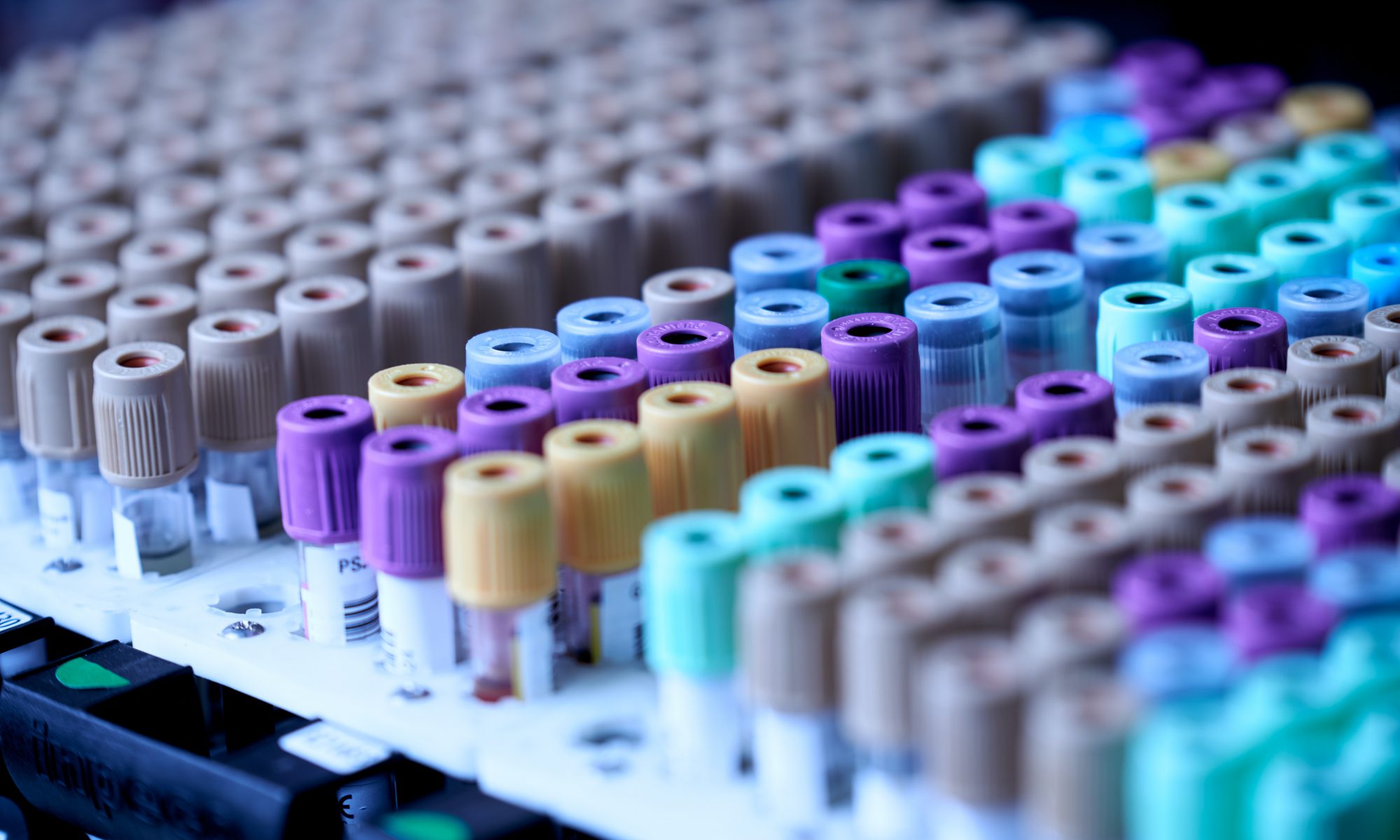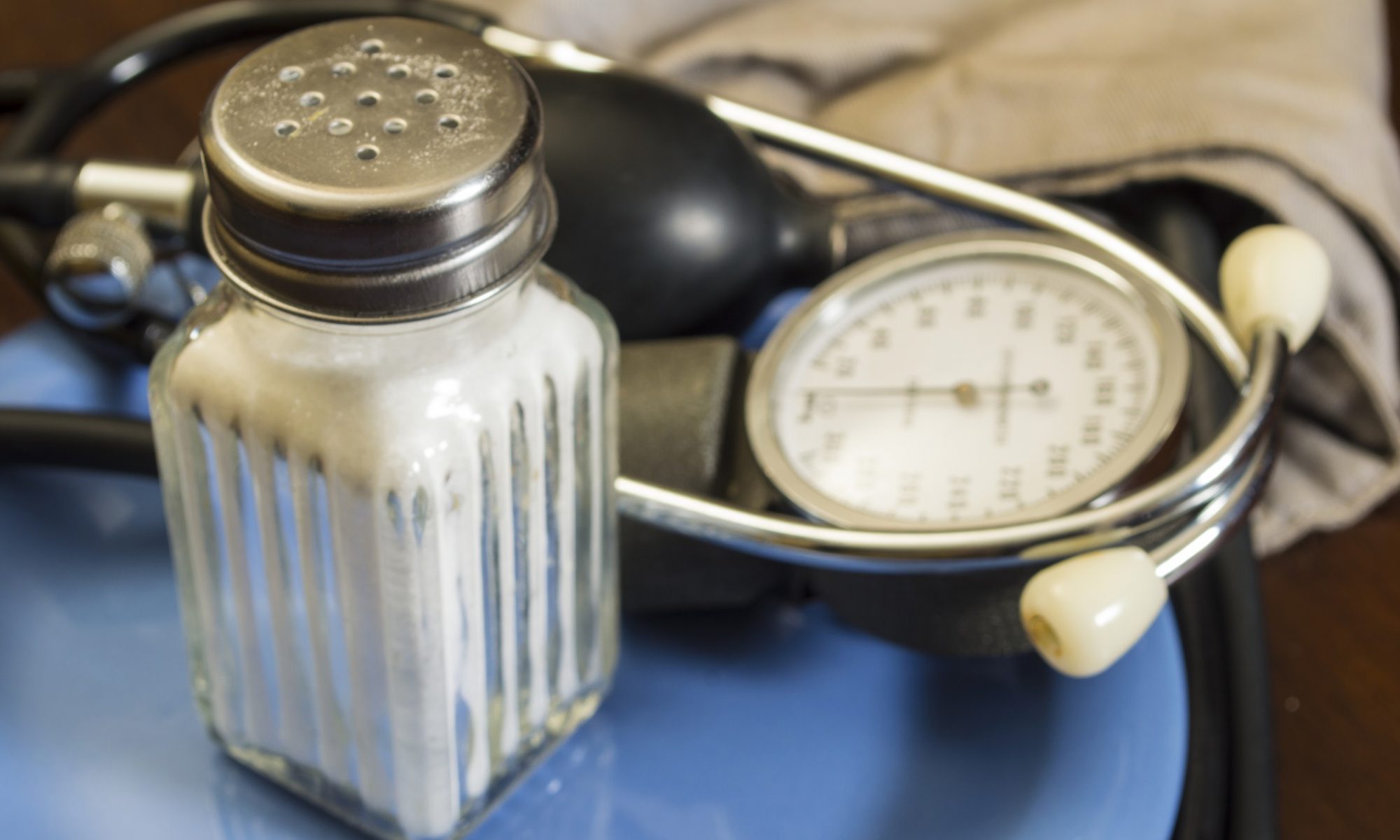Recently reported study findings provide a detailed look at how a major adverse cardiovascular event (MACE) after kidney transplantation adversely affects survival and identify which patients are at elevated risk for MACE. Data also demonstrate that patients who receive a kidney transplant are at lower MACE risk compared with those who remain on dialysis.
In a study of 30,325 KTRs in England published in Kidney International, a MACE occurred in 781 within the first year of transplantation surgery. Read more in Renal & Urology News.





